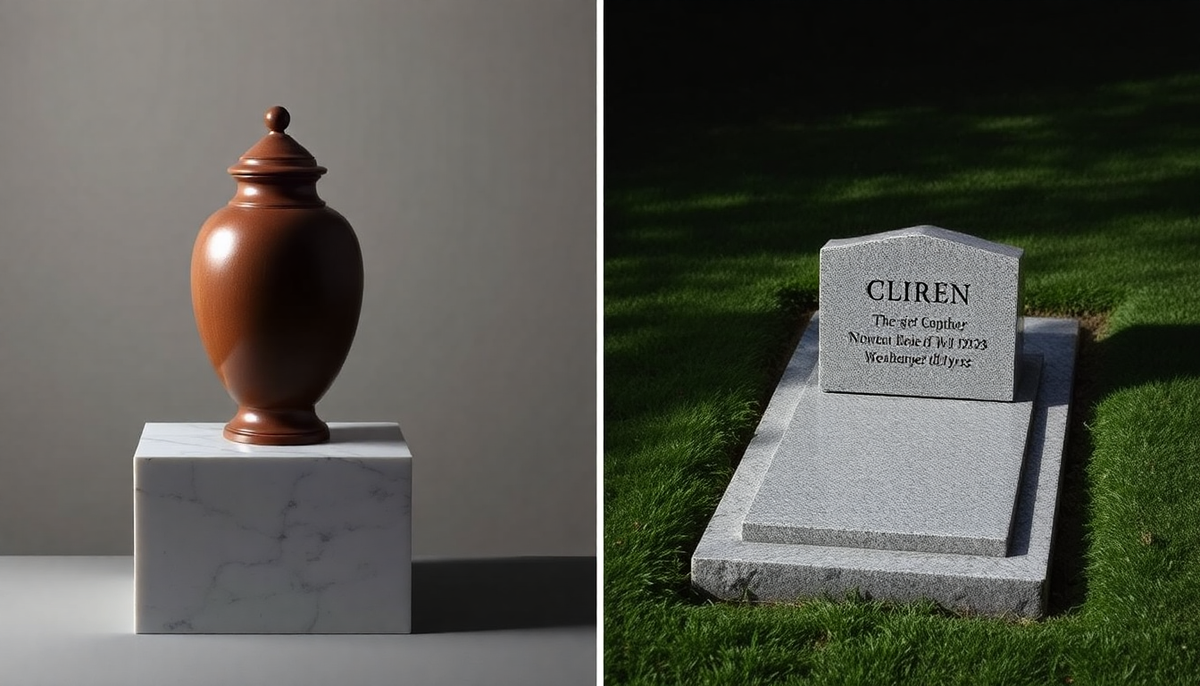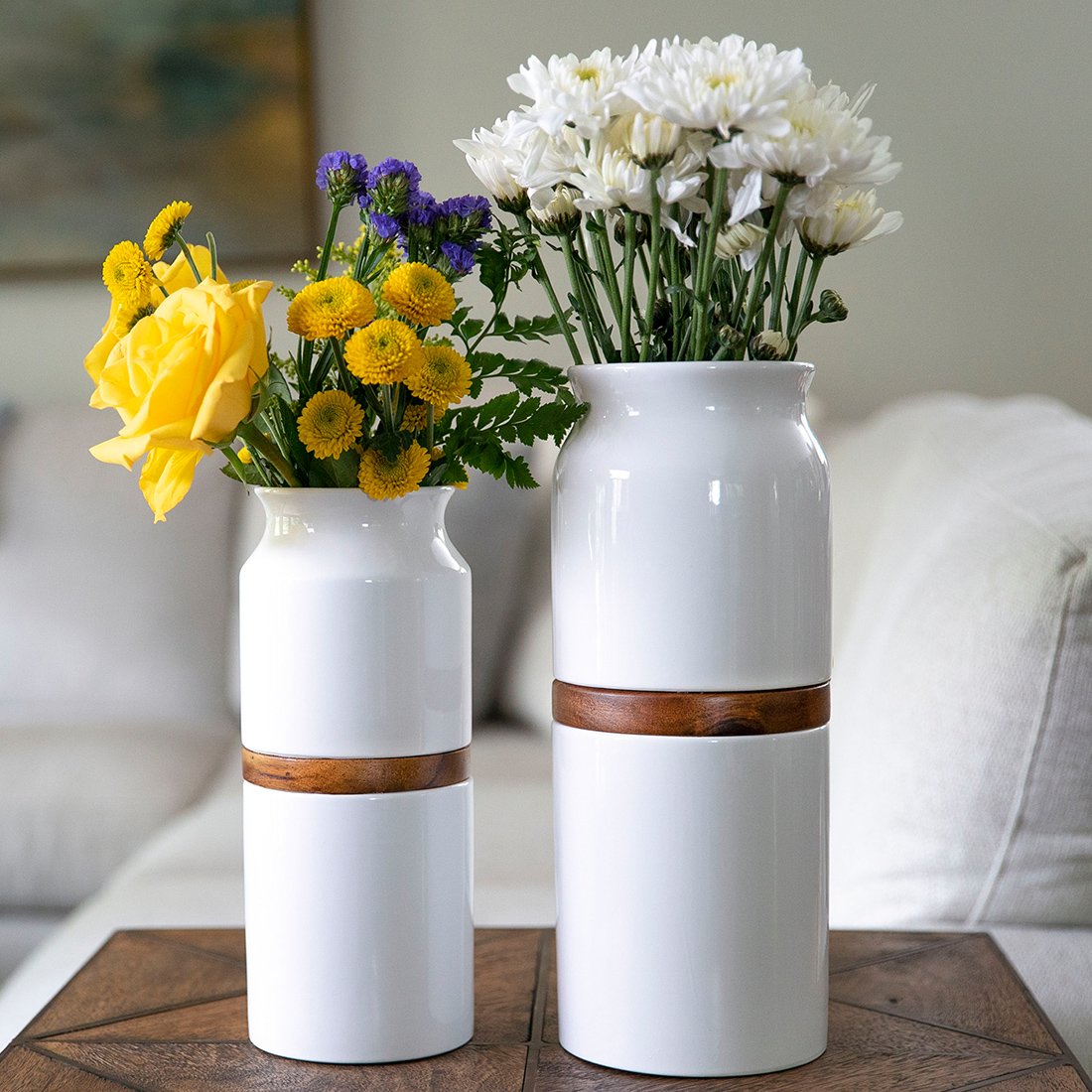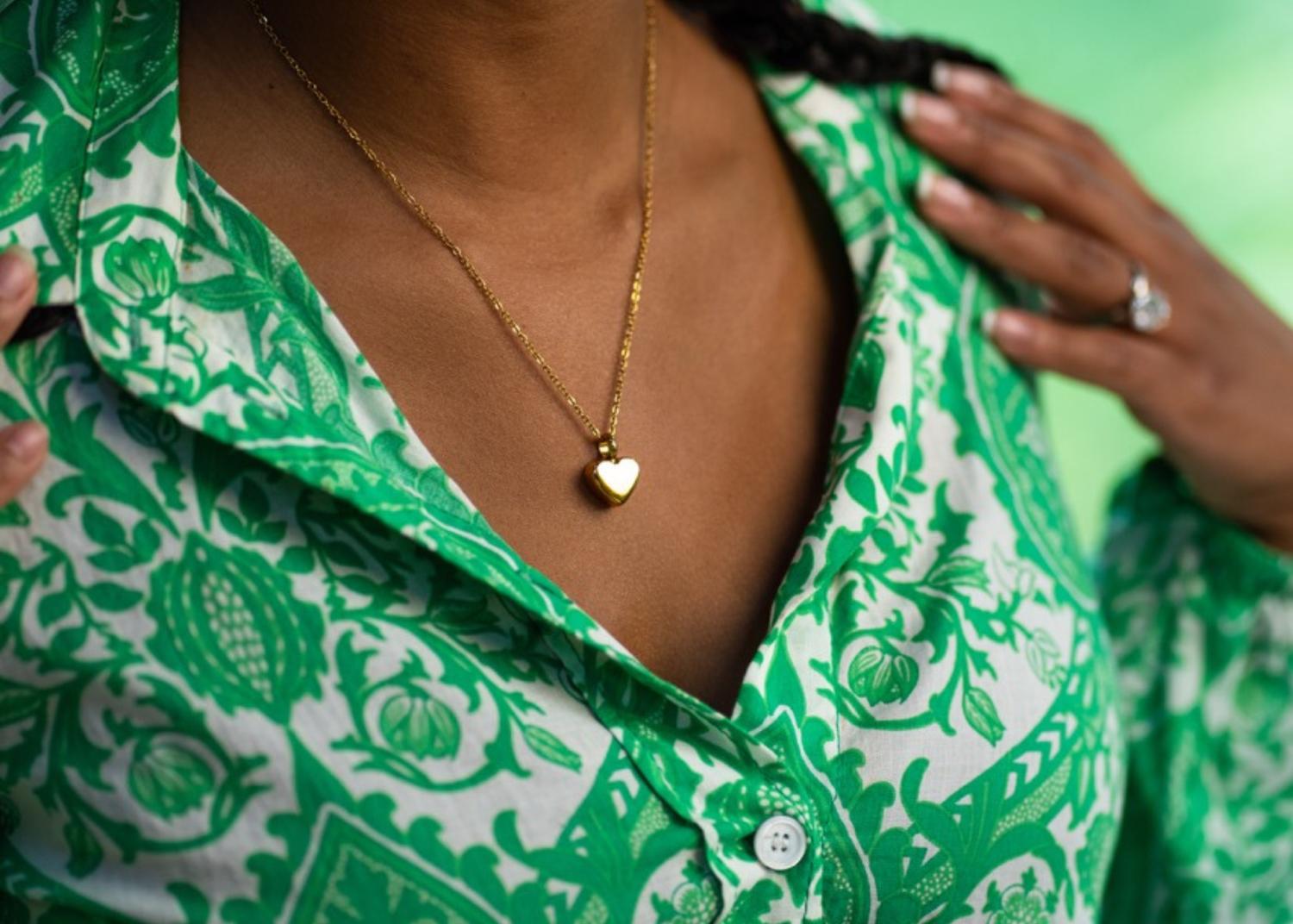

Whether you choose a cremation urn or a burial urn, the most important thing is that the final resting place reflects the life and legacy of the individual you are remembering.
When it comes to honoring a loved one after they have passed away, there are many important decisions to make. One of the most significant choices is whether to opt for cremation or traditional burial. This decision can have a profound impact on the type of urn or container used to hold the remains.
In this blog post, we will explore the key differences between cremation urns and burial urns, helping you make an informed decision that aligns with your personal preferences and the wishes of your departed loved one.
Cremation Urns
Cremation has become an increasingly popular choice in recent years, with many families opting for this method of final disposition. Cremation urns are designed to hold the cremated remains, also known as "ashes," of the deceased.
Cremation urns come in a wide variety of materials, sizes, and styles to suit individual preferences. Some common materials used for cremation urns include:
- Ceramic: Ceramic urns offer a classic and timeless look, often featuring intricate designs or personalized engravings.
- Metal: Metal urns, such as those made of brass, stainless steel, or aluminum, are durable and can have a modern or traditional aesthetic.
- Wood: Wooden urns, crafted from materials like oak, maple, or cherry, can provide a warm and natural feel.
- Glass: Glass urns, sometimes combined with metal or other materials, can create a beautiful and elegant final resting place for the ashes.
Cremation urns are typically smaller in size compared to burial urns, as they only need to accommodate the reduced volume of cremated remains. This makes them more portable and easier to display in a home or to be carried during a memorial service.
Burial Urns
Burial urns, on the other hand, are designed to hold the remains of a deceased individual who has been buried in a traditional casket or vault. These urns are typically larger in size to accommodate the full body of the deceased.
Burial urns are often made of more durable materials, such as:
- Bronze: Bronze urns are a popular choice for their strength, durability, and timeless aesthetic.
- Marble: Marble urns can provide a stunning and elegant final resting place, with a variety of colors and patterns to choose from.
- Stone: Natural stone urns, such as those made from granite or limestone, offer a classic and earthy appearance.
- Cultured Marble: Cultured marble urns combine the beauty of natural marble with the durability of a man-made material.
Burial urns are typically placed within a burial plot, mausoleum, or columbarium, ensuring the remains are protected and preserved for generations to come.
Choosing the Right Urn
When selecting an urn, it's important to consider the personal preferences of the deceased and their family. Factors such as the individual's life, interests, and religious or cultural beliefs can all play a role in the choice of urn.
For those who have chosen cremation, the cremation urn can serve as a meaningful way to keep the ashes close and honor the memory of the departed. Families may choose to display the urn in their home, scatter the ashes in a special location, or even divide the ashes among multiple urns to be shared with loved ones.
In the case of traditional burial, the burial urn can be a significant part of the funeral or memorial service, as well as a lasting tribute to the individual. The urn may be placed within a burial plot, mausoleum, or columbarium, ensuring the remains are protected and preserved for years to come.
Ultimately, the choice between a cremation urn or a burial urn is a deeply personal one, reflecting the unique wishes and preferences of the deceased and their family. By understanding the key differences between these two options, you can make an informed decision that honors the life of your loved one and provides a meaningful way to memorialize their passing.
Conclusion
Navigating the world of cremation urns and burial urns can be a delicate and emotional process, but it is an important one in honoring the memory of a loved one. By considering the unique needs, preferences, and cultural traditions of the deceased and their family, you can find the perfect urn to serve as a lasting tribute.
Whether you choose a cremation urn or a burial urn, the most important thing is that the final resting place reflects the life and legacy of the individual you are remembering. With the guidance and support of Oaktree Memorials, you can find the perfect urn to provide comfort, closure, and a lasting connection to your loved one.
Our Best Selling Collection
Frequently Asked Questions
What are the shipping options for my memorial?
Oaktree offers free nationwide shipping on all urns and cremation jewelry items, with delivery typically taking 2-5 business days, including processing time. Need it sooner? Expedited shipping (overnight or 2-day) is available at checkout for an additional cost, and we will also prioritize processing for faster delivery. If you need international shipping, please contact us first to confirm availability and rates.
How long will it take for my engraved item to arrive?
Engraved urns and cremation necklaces require an additional 1-3 business days for personalization before shipping. If you need faster delivery, please contact us—we’ll do our best to expedite processing and accommodate your timeline. Expedited shipping options are also available at checkout to ensure your memorial arrives as soon as possible.
What do I do if I never received my order?
If your order hasn’t arrived within 10 business days, please contact us so we can track your shipment and resolve any issues. We’ll ensure your memorial reaches you as soon as possible.
What do I do if I received a defective order?
If your order arrives damaged or defective, contact us right away. We take pride in our high-quality craftsmanship and will work quickly to replace or repair your item at no additional cost.
Can I return my urn or cremation necklace? What is your return policy?
Oaktree offers a 100-day return and exchange policy for non-engraved items. Due to personalization, engraved urns are final sale and cannot be returned. For full details on how to start a return or exchange, visit our Returns & Exchanges page.
How do I make changes to an urn I’ve already ordered?
If you need to modify an order, contact us as soon as possible. If your urn is already engraved, we may not be able to make changes, but we’ll do our best to accommodate your request before processing.
How are your urns made? Where do the materials come from?
Oaktree’s urns are handcrafted in the USA and Europe using sustainable, locally sourced materials. Our artisans ensure each piece is beautifully designed and built to honor your loved one’s memory with care.
How do I choose the right urn size?
Each product page includes detailed dimensions, weight capacity, and cubic inches to help you select the right urn. As a general guide, 1 cubic inch holds 1 pound of pre-cremation weight. If you need help choosing, feel free to contact us.
Some urns are marked as “sold out.” When will they be available?
Our handmade urns may take a few weeks to restock. If you’re interested in a specific style, contact us for an estimated restock date, and we’ll notify you when it’s available.
Does Oaktree place the ashes into my urn?
Yes, we offer an optional ash transfer service for an additional fee. If you’d like us to handle this process, please contact us when placing your order. You’ll need to mail the ashes to us, and we’ll carefully transfer them into your selected urn.
How do I transfer ashes into my urn?
Cremated remains typically arrive in a sealed plastic bag inside a plastic container. To transfer them, simply place the sealed bag inside your urn. If needed, use a funnel for precise placement. If you have any concerns, our team is happy to assist.
How do I order an engraved urn?
To personalize your urn, select “Yes” under “Would you like your item engraved?” on the product page. If you’d like a custom design beyond standard engraving, contact us and we’ll explore options to create a unique tribute.
Can my urn be shipped directly to a funeral home?
Yes! During checkout, you can enter the funeral home’s address for direct shipping.
Can I customize my urn beyond engraving?
Yes! In addition to engraving, we offer custom design services, including unique finishes, symbols, or artwork. If you’d like to personalize your urn beyond standard options, contact us to discuss customization possibilities.
What materials are Oaktree urns made from?
Our urns are crafted from premium materials such as wood, ceramic, marble, metal, and biodegradable materials. We focus on sustainable sourcing and high-quality craftsmanship to create lasting memorials.
Do you offer keepsake urns or mini urns?
Yes, we offer keepsake urns and mini urns, which are smaller versions designed for sharing ashes among family members or keeping a small portion as a personal tribute.
Can I pre-order an urn for future use?
Absolutely! Many customers choose to pre-order an urn in advance. This ensures availability and allows for customization without time constraints. Contact us to arrange a pre-order.
Do you offer pet urns?
Yes, we provide a range of pet memorial urns designed to honor beloved pets. These are available in different materials and sizes to suit dogs, cats, and other pets.
How do I clean and maintain my urn?
Urns require gentle care to maintain their beauty. Use a soft cloth and mild cleaner for metal or ceramic urns. Avoid direct sunlight and moisture to preserve wood urns. Contact us for specific care instructions based on your urn’s material.
Can I travel with an urn? Are they TSA-approved?
Most Oaktree urns are TSA-compliant, making them safe for air travel. Choose a non-metal urn to ensure easy screening. We recommend carrying the urn in your carry-on bag and bringing the cremation certificate from the funeral home.
How do I track my order?
Once your order ships, we’ll send you a tracking number via email. You can use this to monitor the shipment status. If you don’t receive tracking details, contact us for assistance.
How do I contact Oaktree if my question isn’t answered here?
We’re happy to assist! Visit our Contact Us page to reach us via email, chat, or phone. Our compassionate team is ready to help.






